Photos: Members of China’s largest Muslim minority make a new home in Turkey
An estimated 10 million Uighurs live in the People’s Republic of China. They are the country’s largest Muslim minority, and they’re leaving by the thousands.
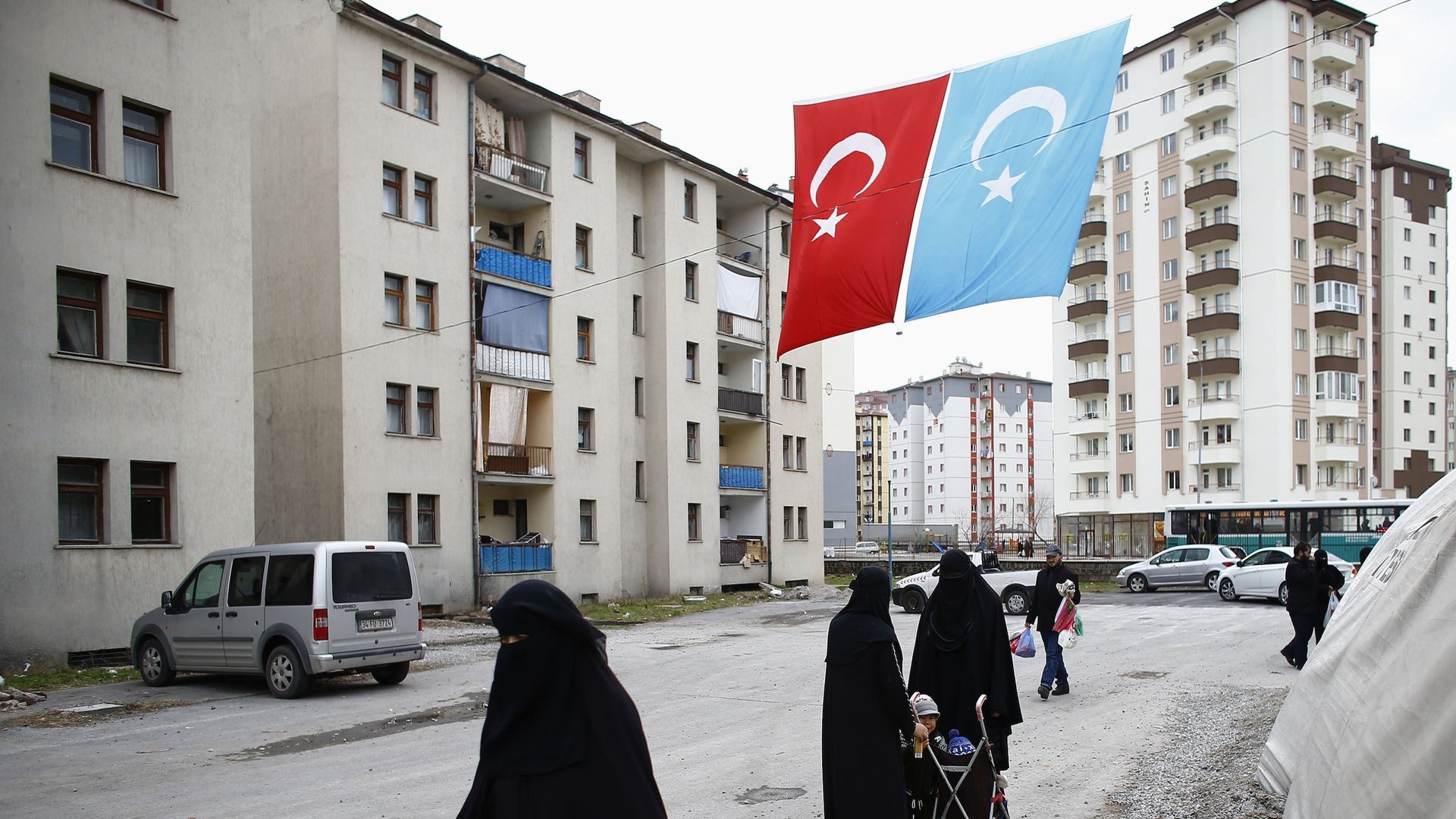

An estimated 10 million Uighurs live in the People’s Republic of China. They are the country’s largest Muslim minority, and they’re leaving by the thousands.
Most Uighurs reside in XUAR, the Xinjiang Uighur Autonomous Region, in China’s far west; an area previously home to the short-lived Soviet-backed Second East Turkestan Republic. Though Uighurs maintain a majority in XUAR (46.4% in 2010 according to the Australian Centre on China in the World), ethnic Han Chinese have been moving to the region en masse over the past decade, and now compose 39% of the regional population.
Interethnic tensions stemming from perceived Chinese imperialism have been exacerbated by the increasing gap in wealth between newly-arrived Han migrants and indigenous Uighurs. Beijing has poured troops into the region as a result—leaving many Uighurs feeling at best unwelcome, at worst openly persecuted in their homeland. Understandably, many have fled.
Many Chinese Uighurs have opted to head West, into Central Asia and the Middle East—regions populated by communities ethnically, religiously, and linguistically similar to the Uighur people; Turkey chief among them.
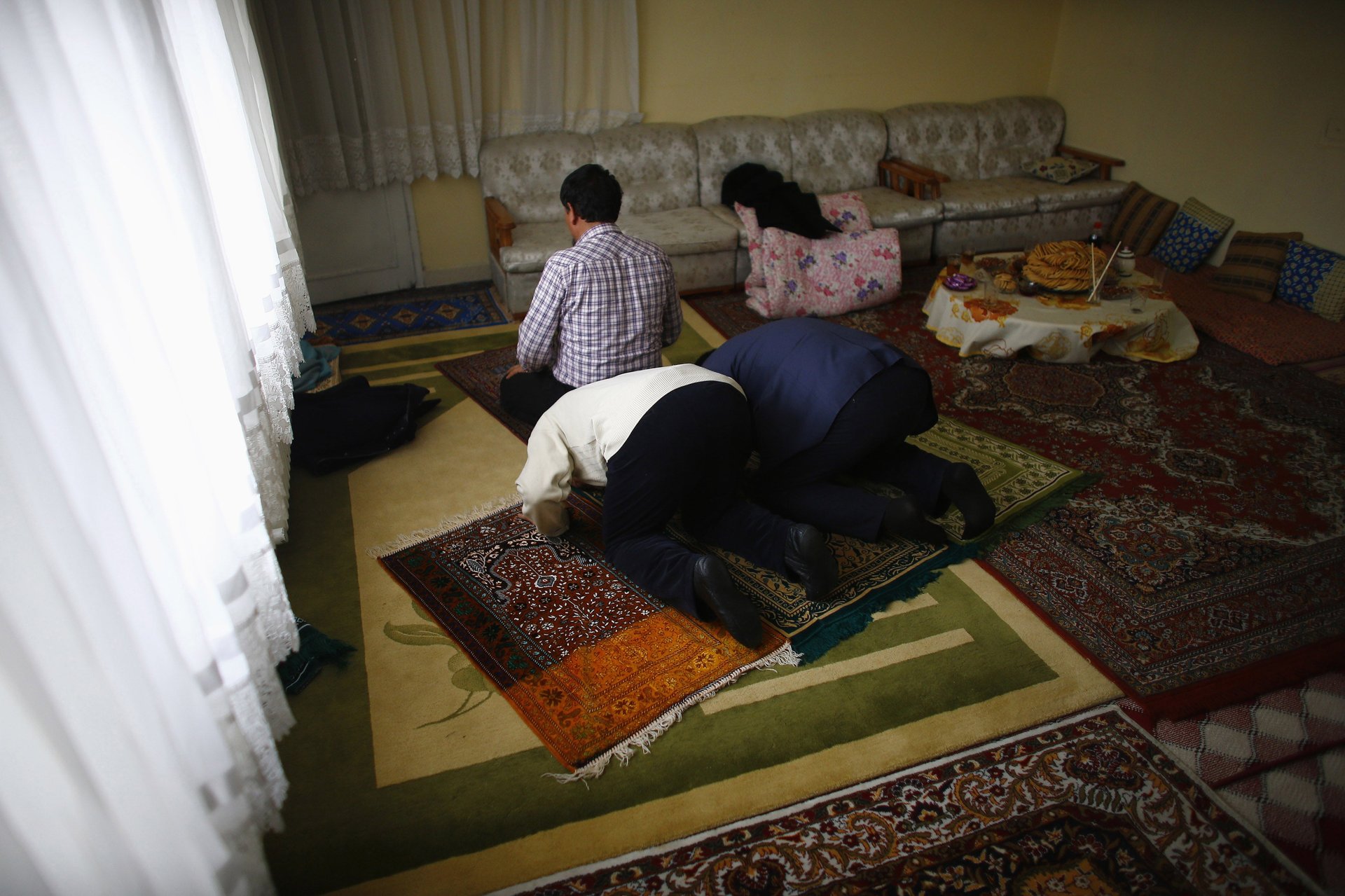
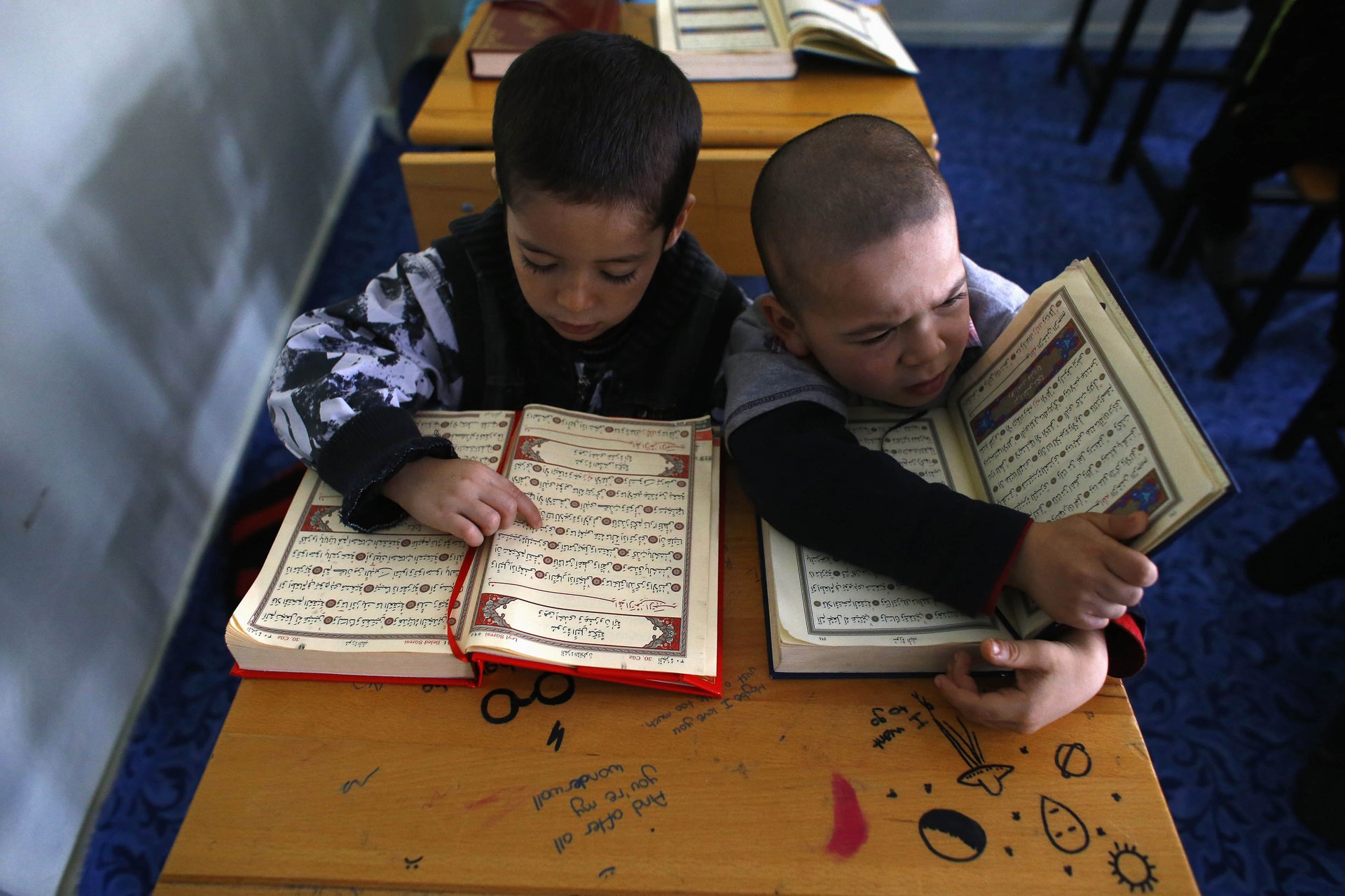
It’s not hard to understand the attraction. Uighurs speak a Turkic language, originally written in the Perso-Arabic script, and derived from the old Mongol Chagatai tongue. And Turkey is easily the most economically developed of the world’s Turkic-speaking states, which include Azerbaijan, Kazakhstan, Kyrgyzstan, Turkmenistan, and Uzbekistan. An estimated 7,000 Uighurs came to Turkey in 2014.
What’s more, Turks have a history of embracing oppressed peoples seen as ethnic and linguistic brethren. Many have called on Turkish president Recep Tayyip Erdoğan to join the West in sanctioning the Russian Federation for annexing the Crimean peninsula, which is home to the Turkic-speaking Crimean Tatars. This refugee policy is perhaps a holdover from Turkey’s past flirtations with pan-Turkism and pan-Turanism.
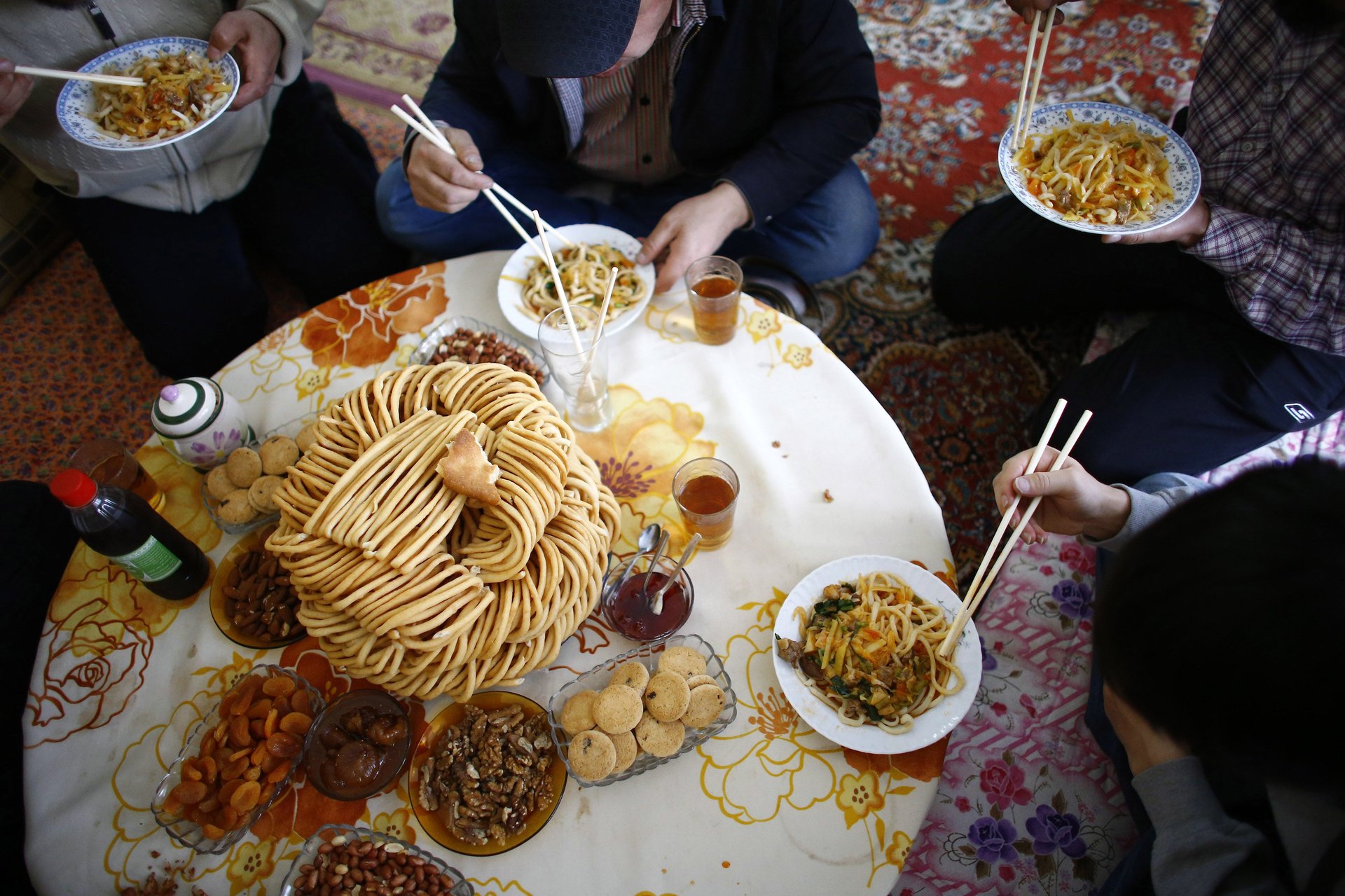
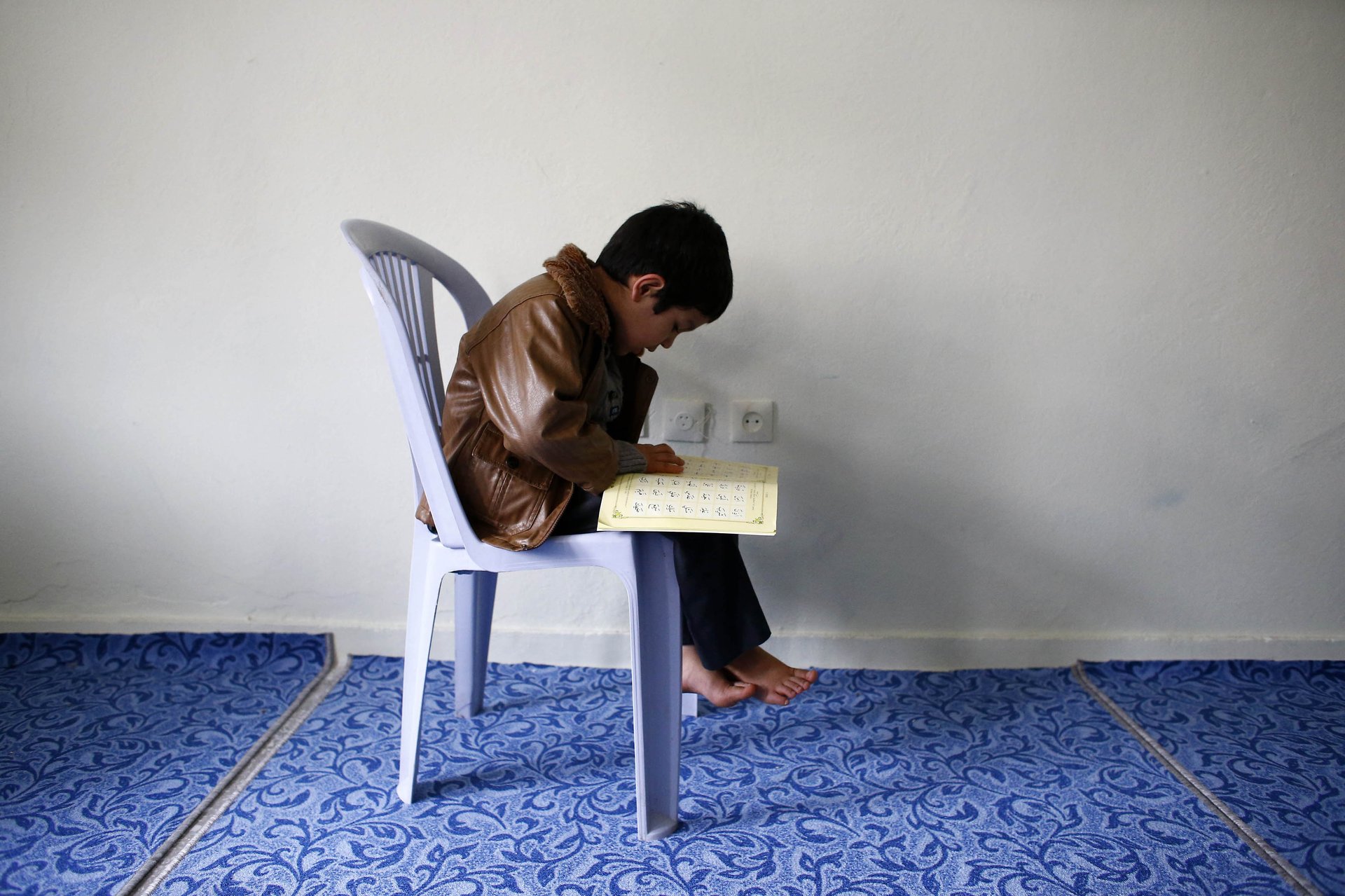
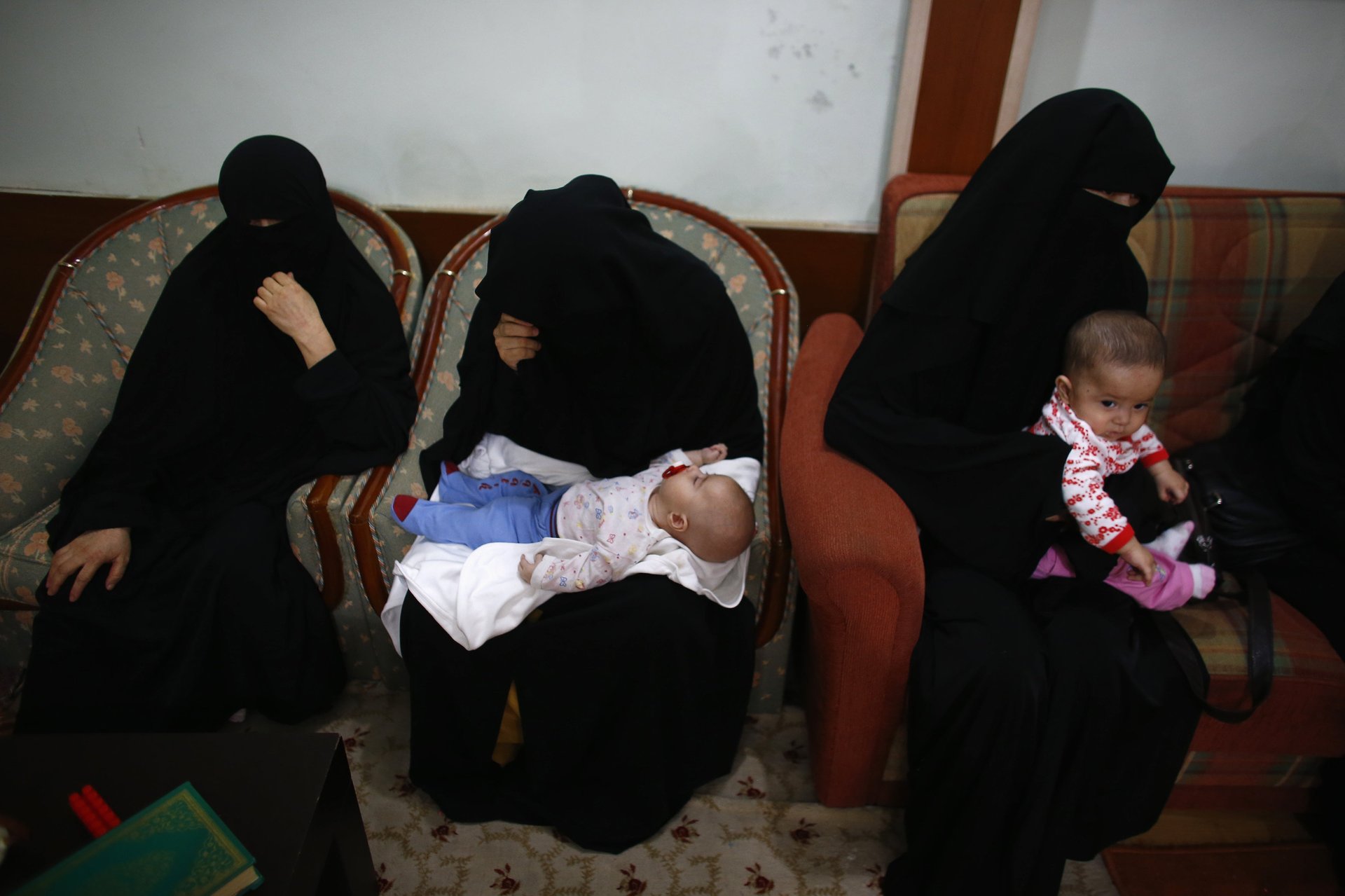
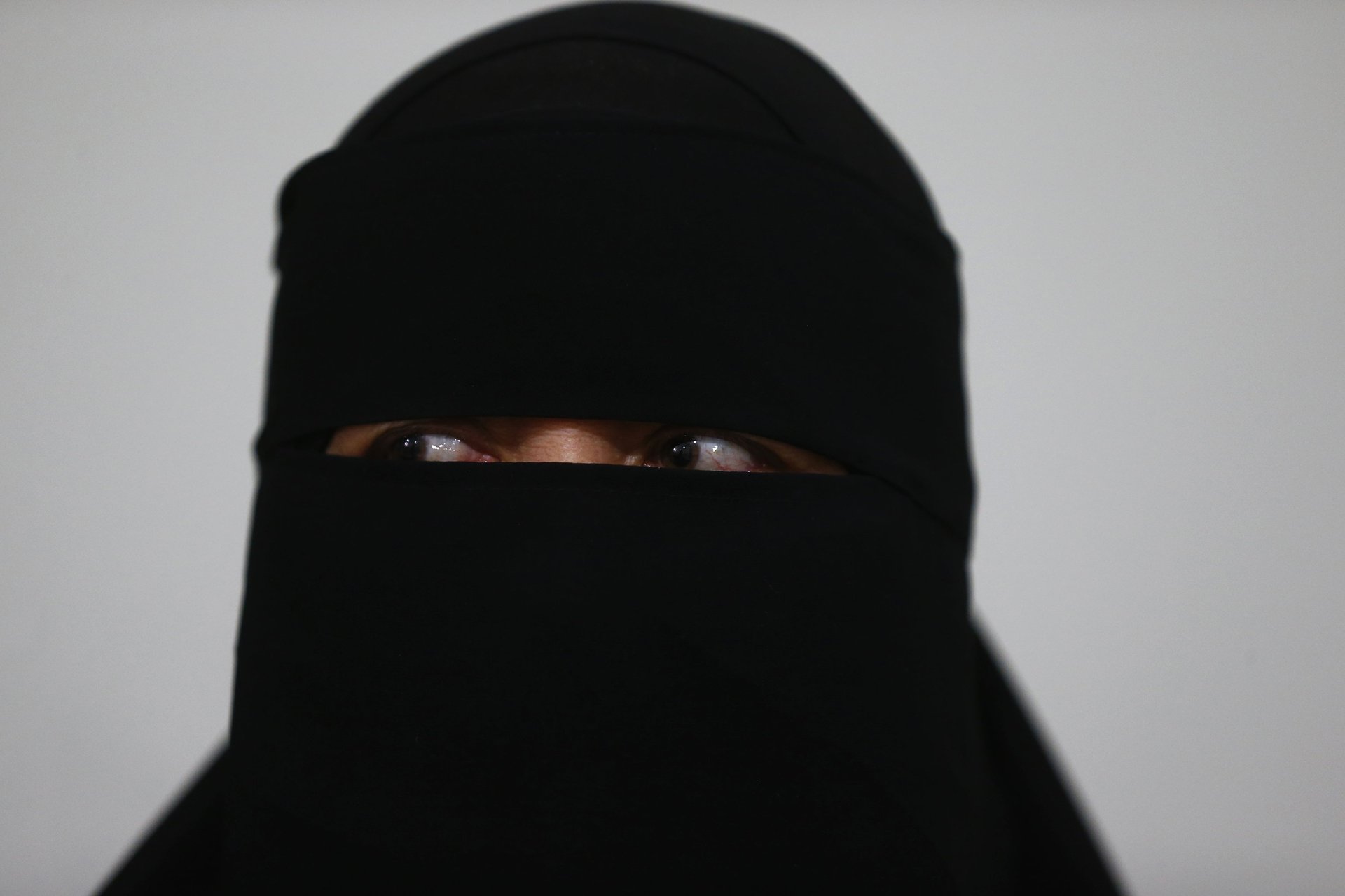
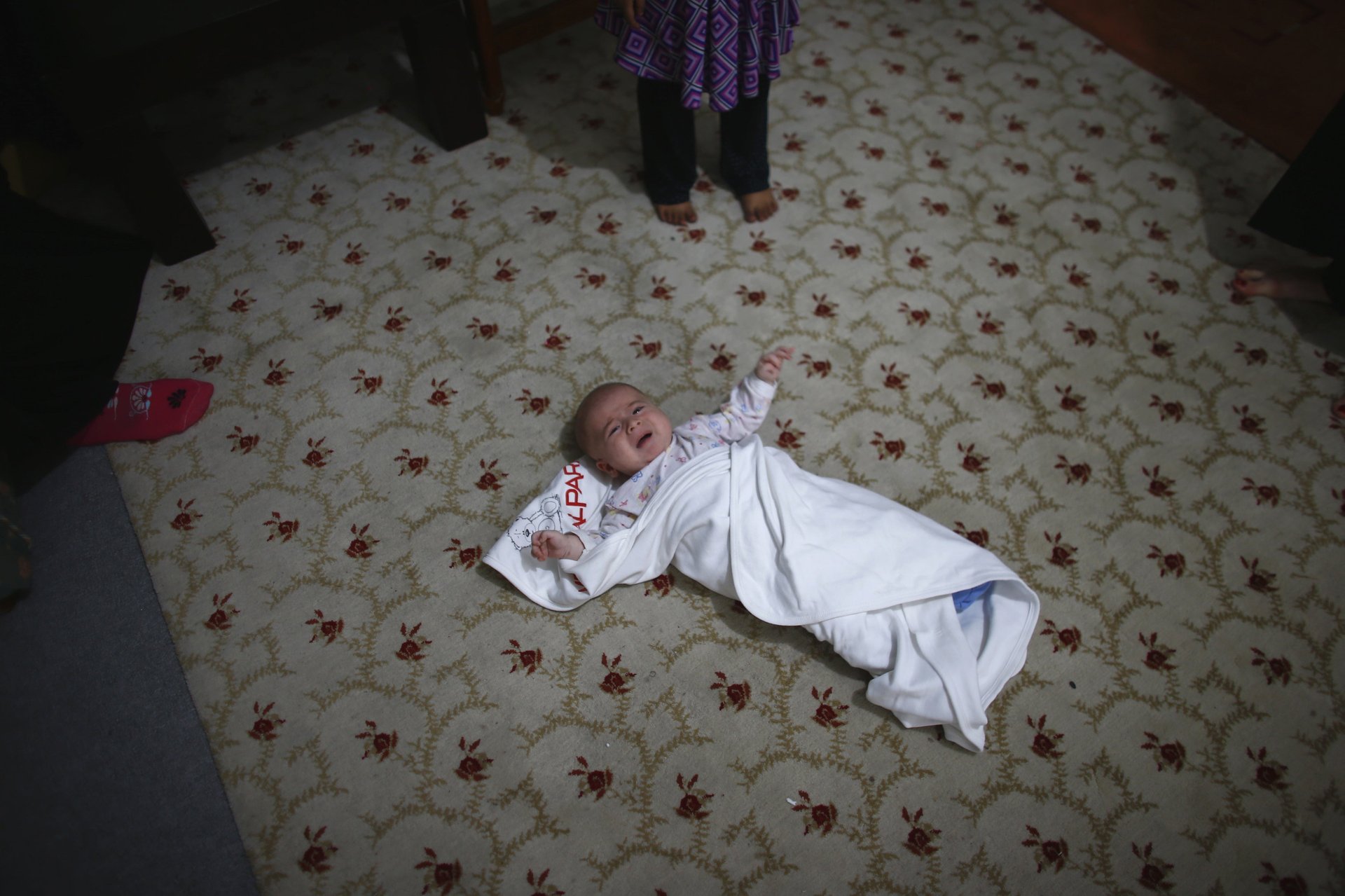
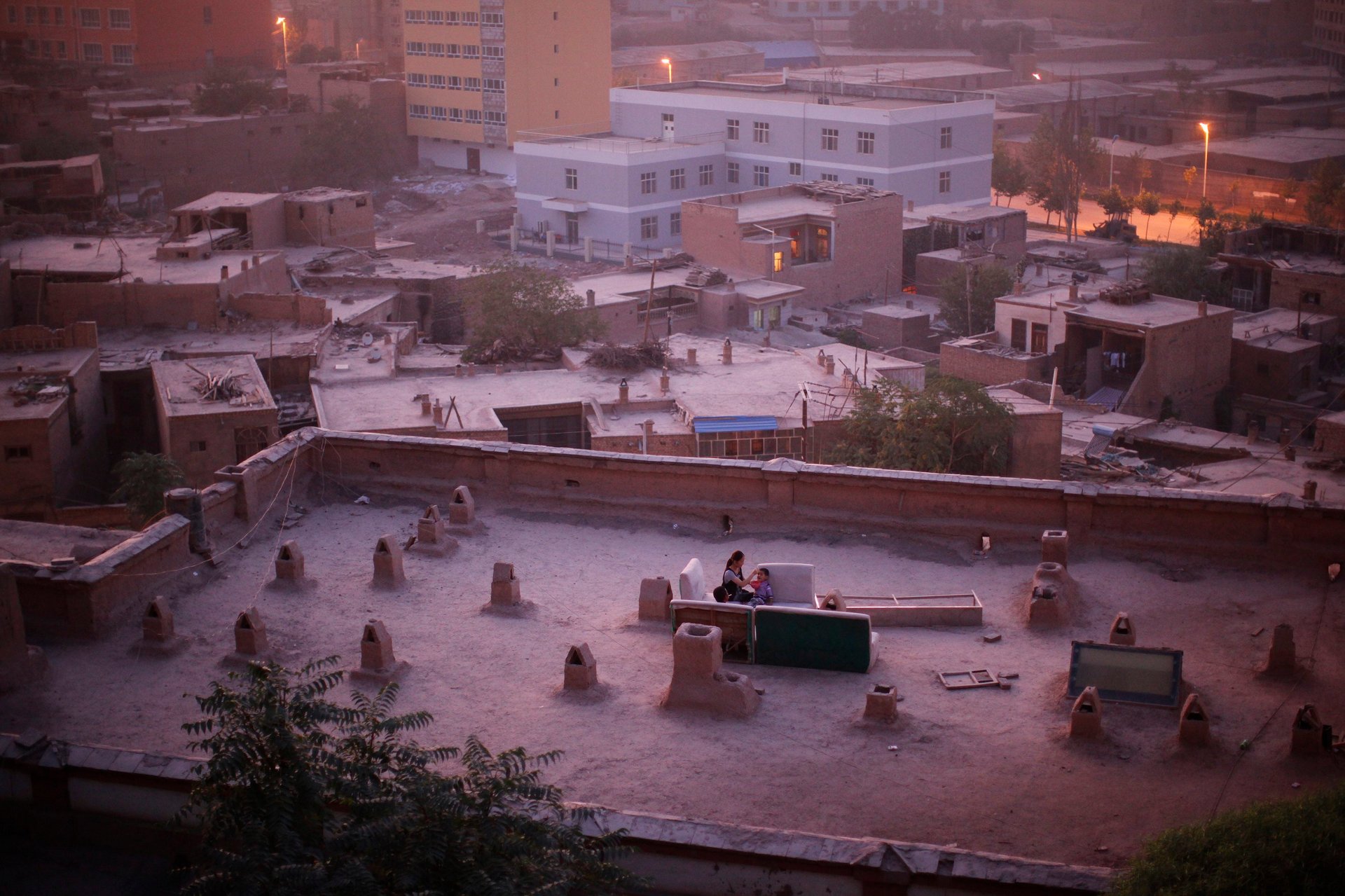
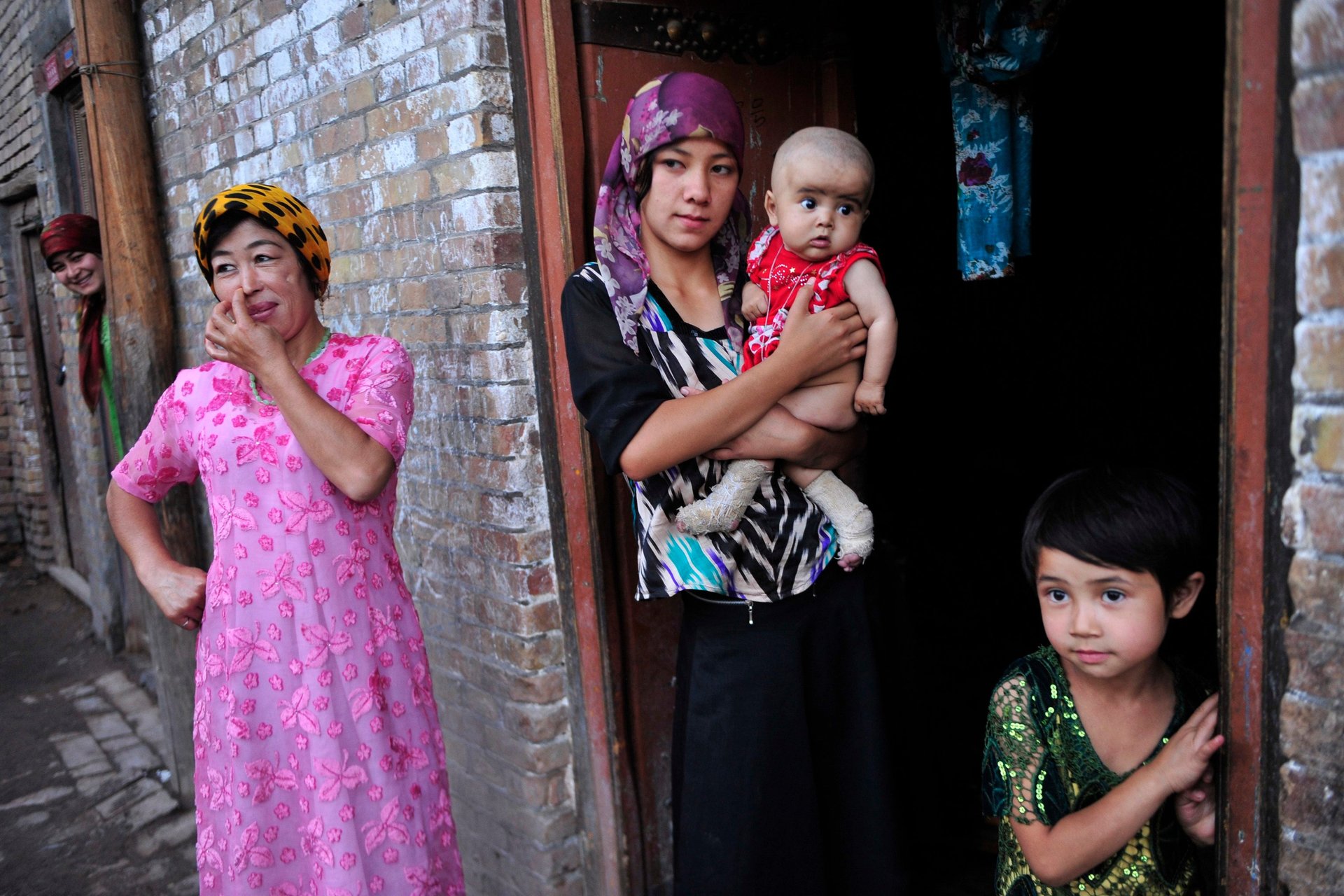
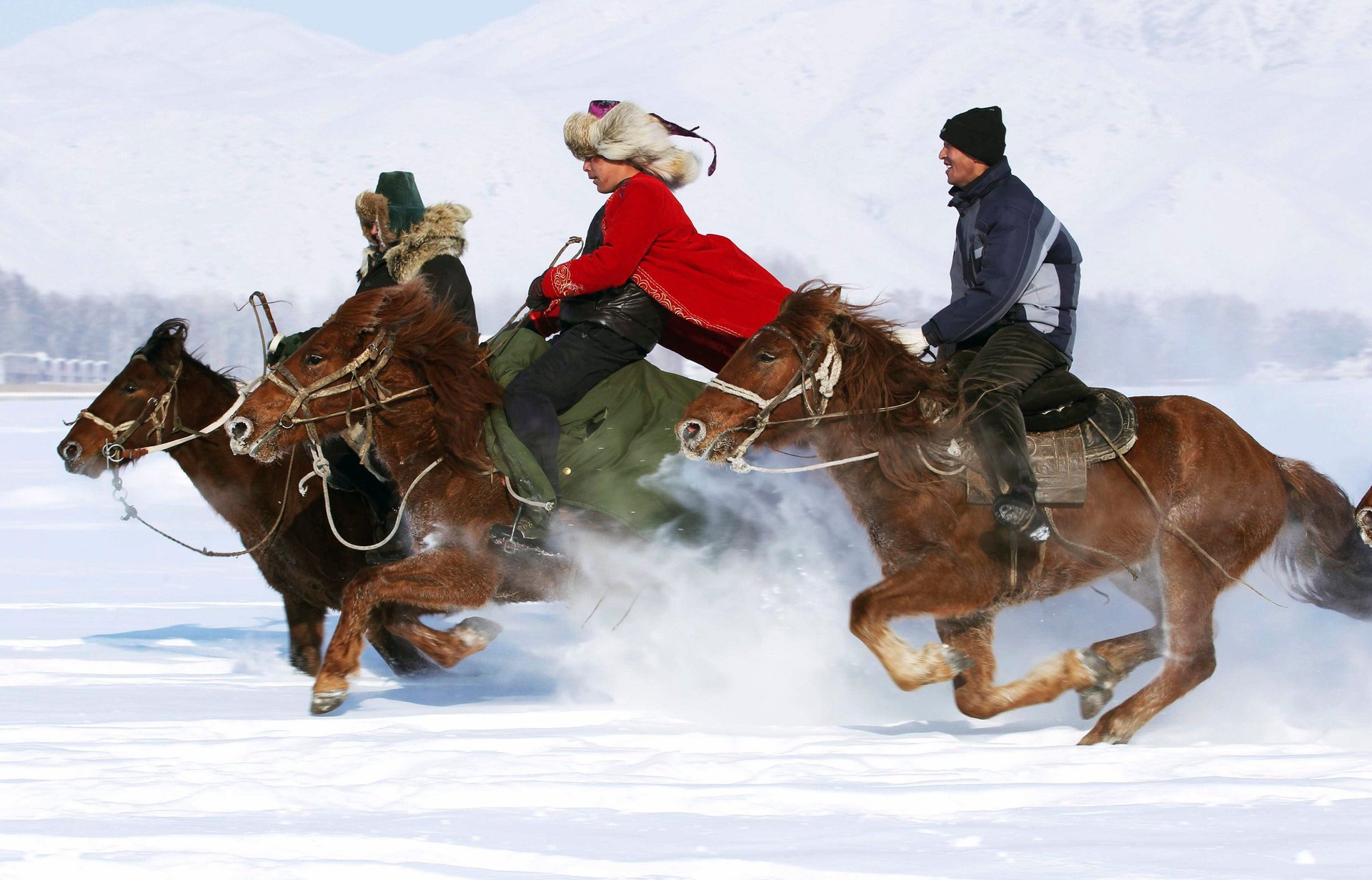
Chinese officials have been vocally critical of Turkey’s openness toward Uighur refugees. When Ankara announced plans to resettle ethnic-Uighur Chinese nationals being deported from Thailand, an editorial printed in the state-run China Daily newspaper accused Turkey of “shilly-shallying” over the Uighur separatist movement, and providing safe-haven for Muslim extremists.
Refugees in Turkey tell a different story. In February, a 32-year-old Chinese-born Uighur living in Turkey told the Los Angeles Times that he left the People’s Republic when racial and religious profiling became unbearable. “We need to live like humans, not animals,” he said, claiming he was jailed for more than a month by Chinese police without reason. “I am a Muslim and I love the Koran. Let me live in freedom.”